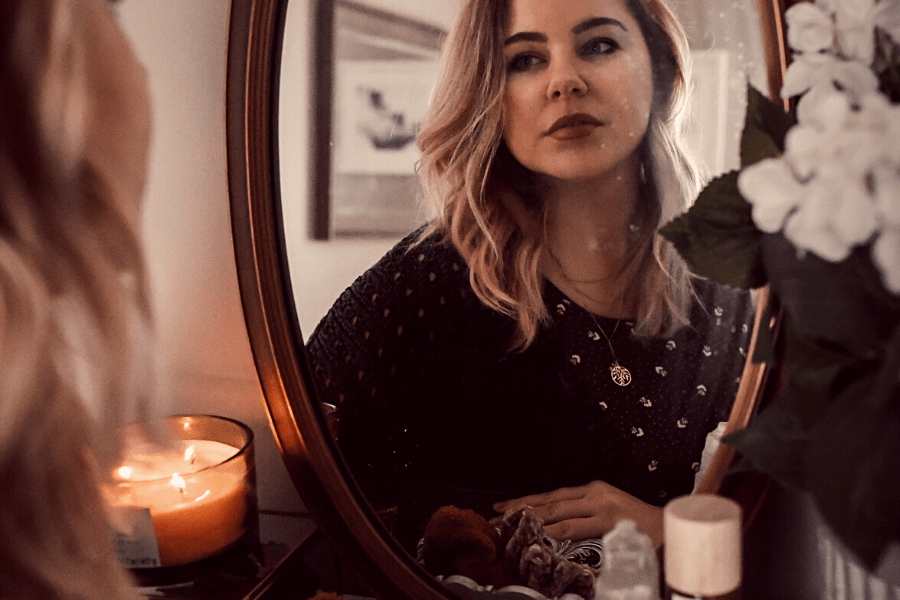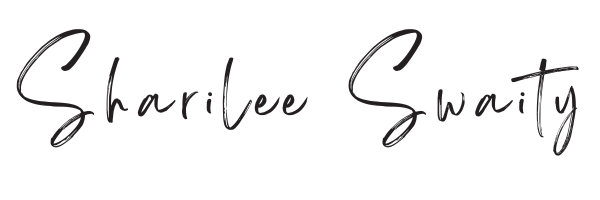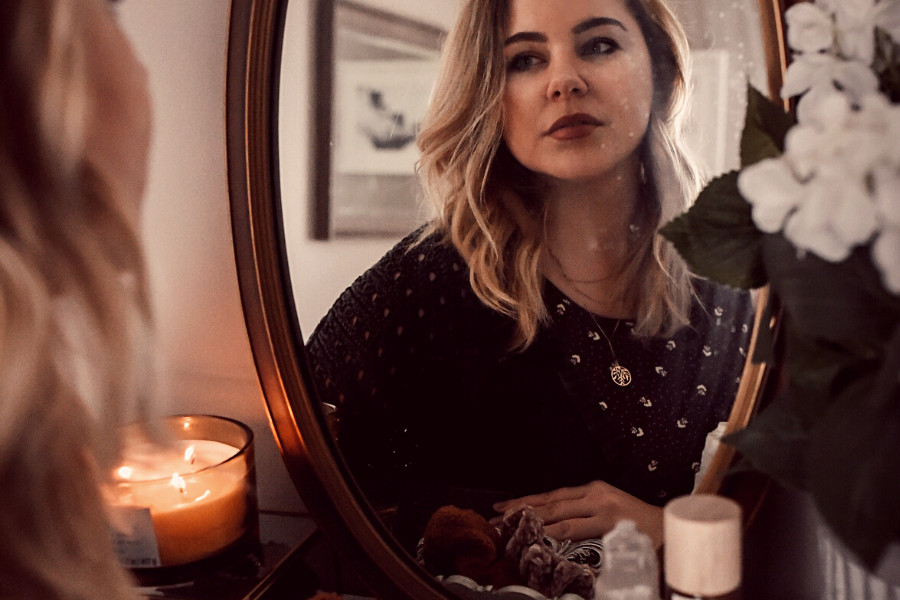
Last month, I hired a coach to help me lose some recently gained weight. She didn't tell me what plan to go on. (I've been on keto for over five years, and I know it works) but she helped me see where I wasn't following my own plan and be more honest with myself. For example, I absolutely love cream in my tea and usually overdo it. I have set limits on the amount of tea I am supposed to drink but would lose track of how much I was actually consuming.
To help solve this issue, my coach made a brilliant suggestion: measure my allotment of cream into a container for the day, and when I'm done, no more cream. I love this! Doing this has stopped me from drinking so much (which makes me a bit sad, let's be honest!), but it has also had another effect. It has helped me see how much I was overdoing it before. It has helped me be more honest. I could no longer claim that I had no idea why I wasn't losing weight. Measuring had a mirror-like effect: letting me see my own behaviour more clearly.
I recently had an experience in my marriage that had a similar result. My husband and I had had an argument in the morning that was completely baffling to me. From my perspective, it seemed he had blown up for no reason, which frustrated me. Why had he gotten so angry? It made no sense to me. He didn't know either. We forgave each other and went on, but I couldn't let it go.
Later that night, though, I remembered that right before the disagreement, I had been feeling very stressed from work and felt inwardly irritated. Just prior to his blowing up, I had been inwardly impatient and outwardly short with him. I had then asked him for a favour that was hard for him to carry out. He felt my stress and got defensive about not wanting to do the favour I had asked of him. The reality was that I had contributed to the conflict before it got to a loud point, but I hadn't noticed my part in our dynamic because I was too close to it.
To me, being stressed from work was normal and not a big deal. But he confirmed after talking with him that he had felt my stress, and it had a triggering effect. When I saw my part, I apologized, just like he had apologized earlier. This little argument was similar to the ones we had had before, but the difference was that we were able to see our own dynamic more clearly as if a mirror had been held up to our relationship.
James 1:23-24 compares the Word of God to a mirror:
For if any be a hearer of the word, and not a doer, he is like unto a man beholding his natural face in a glass: For he beholdeth himself, and goeth his way, and straightway forgetteth what manner of man he was.
A mirror is useful if we use it for its intended purpose: to be honest with ourselves and to make needed changes. Every morning, we look at the mirror and make ourselves not look scary, haha! Mirrors come in other forms besides the glass ones in our bathrooms. The Bible is a mirror that helps us see ourselves. A coach or counsellor can act as a mirror to help us see ourselves. So can close friends and family. (My sister is definitely my mirror!) Sometimes our own insight acts as a mirror (the very act of looking at ourselves is called reflection.)
Without a mirror, I can easily fool myself into putting too much cream in my tea or into thinking my husband is solely to blame in an argument. Have you been avoiding any mirrors in your life lately? Or have you learned anything from a mirror lately? Please share in the comments below!



















1 Comment